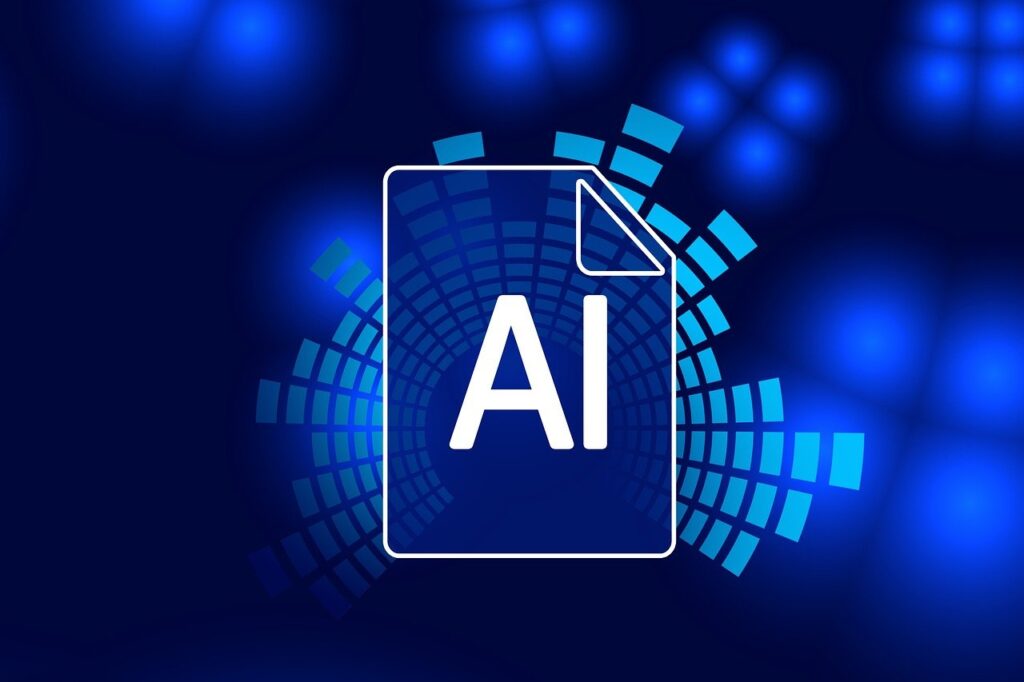Artificial Intelligence, once the exclusive domain of tech giants and research labs, is rapidly transforming into a tool accessible to individuals and small businesses alike. This democratization of AI is ushering in a new era of innovation, where problem-solving capabilities are no longer confined to a select few.
At the heart of this revolution lies the increasing availability of open-source AI tools and platforms. These resources, shared freely by developers and organizations, have lowered the technical barriers to entry significantly. Individuals with limited programming experience can now experiment with AI, thanks to user-friendly interfaces and pre-trained models. Platforms like TensorFlow, PyTorch, and more recently, Hugging Face, have become the building blocks for countless AI applications.
The democratization of AI is not merely about technological advancement; it’s about empowering individuals and businesses. Small enterprises can leverage AI to optimize operations, enhance customer experiences, and develop innovative products. For instance, a local retailer could use AI to analyze customer purchasing patterns, thereby tailoring marketing strategies effectively. Similarly, a farmer could employ AI-powered image recognition to detect plant diseases early on, preventing significant crop losses.
Beyond the economic impact, the democratization of AI has the potential to address societal challenges. Citizens can use AI tools to analyze local data and identify issues like pollution, traffic congestion, or crime patterns. This grassroots approach can lead to more informed decision-making and community-driven solutions. Moreover, AI can be employed to enhance accessibility. For example, AI-powered speech recognition and image analysis can assist individuals with disabilities, promoting inclusivity.
However, the democratization of AI is not without its challenges. Ensuring ethical AI development and deployment is paramount. As AI becomes more accessible, it’s crucial to address issues like bias, privacy, and job displacement. Open-source communities and policymakers must work together to establish guidelines and regulations that promote responsible AI use.
Furthermore, there is a need to bridge the digital divide. While AI tools are becoming more user-friendly, digital literacy remains a barrier for many. Efforts to educate the public about AI and its potential benefits are essential. Programs that teach AI skills to diverse populations can help create a more equitable AI landscape.
In conclusion, the democratization of AI is a transformative force that is reshaping industries, empowering individuals, and addressing societal challenges. While there are hurdles to overcome, the potential benefits are immense. By fostering an inclusive and ethical AI ecosystem, we can harness the full power of this technology for the betterment of society.


